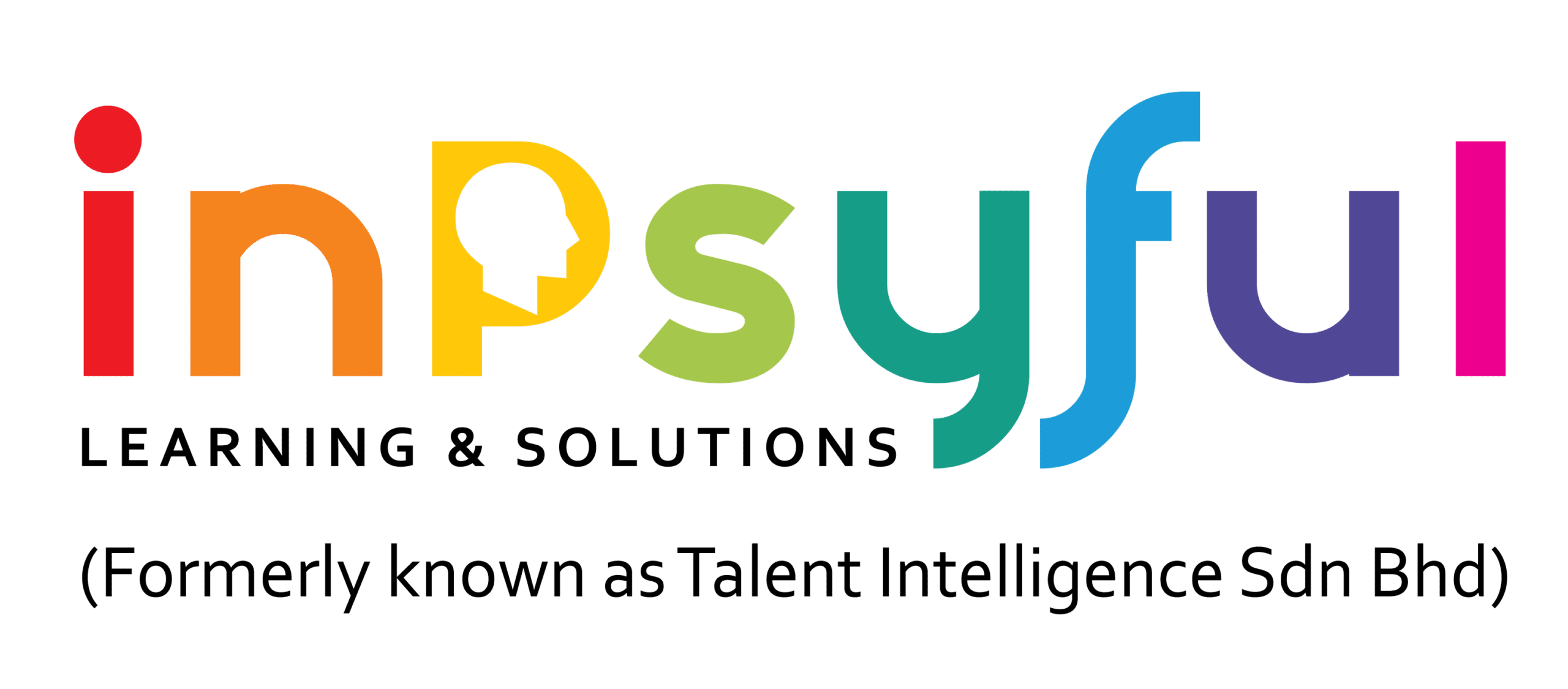This programme offers a comprehensive understanding of Malaysia’s PDPA framework and its significance in corporate compliance, while clarifying recent regulatory amendments, enforcement trends, and expectations. Participants will gain practical tools to implement compliance across HR, Legal, IT, and management functions, and learn to manage corporate liability risks, legal exposure, and data breach responses effectively. Through real-world case studies, the programme fosters critical thinking and guides organizations in establishing structured governance policies and internal workflows. It also aims to build participants’ confidence in handling regulatory audits, investigations, and incident responses.



